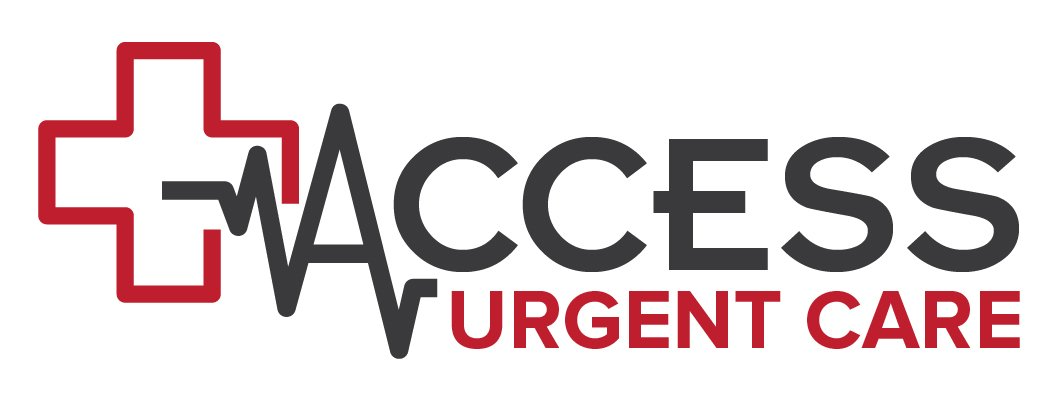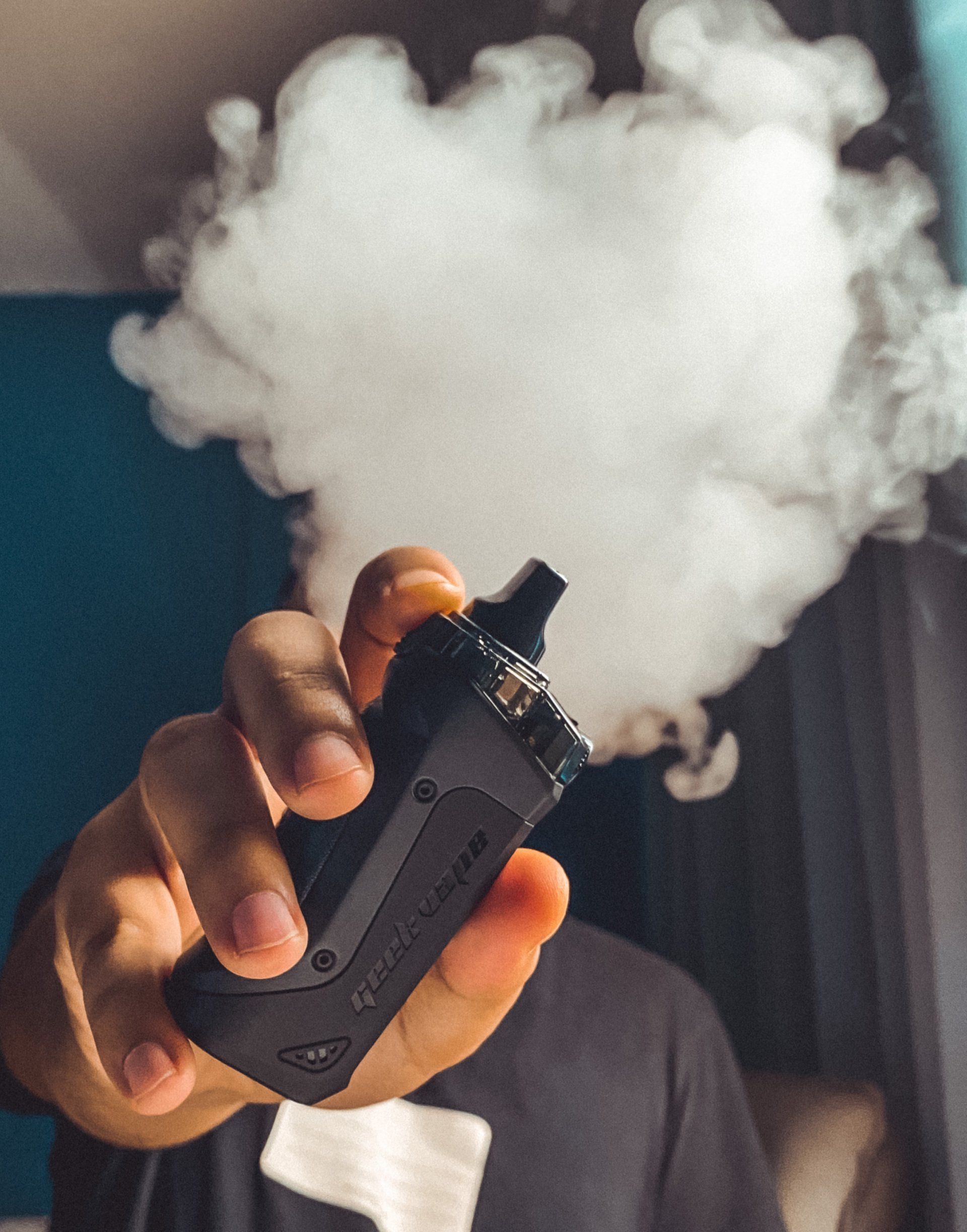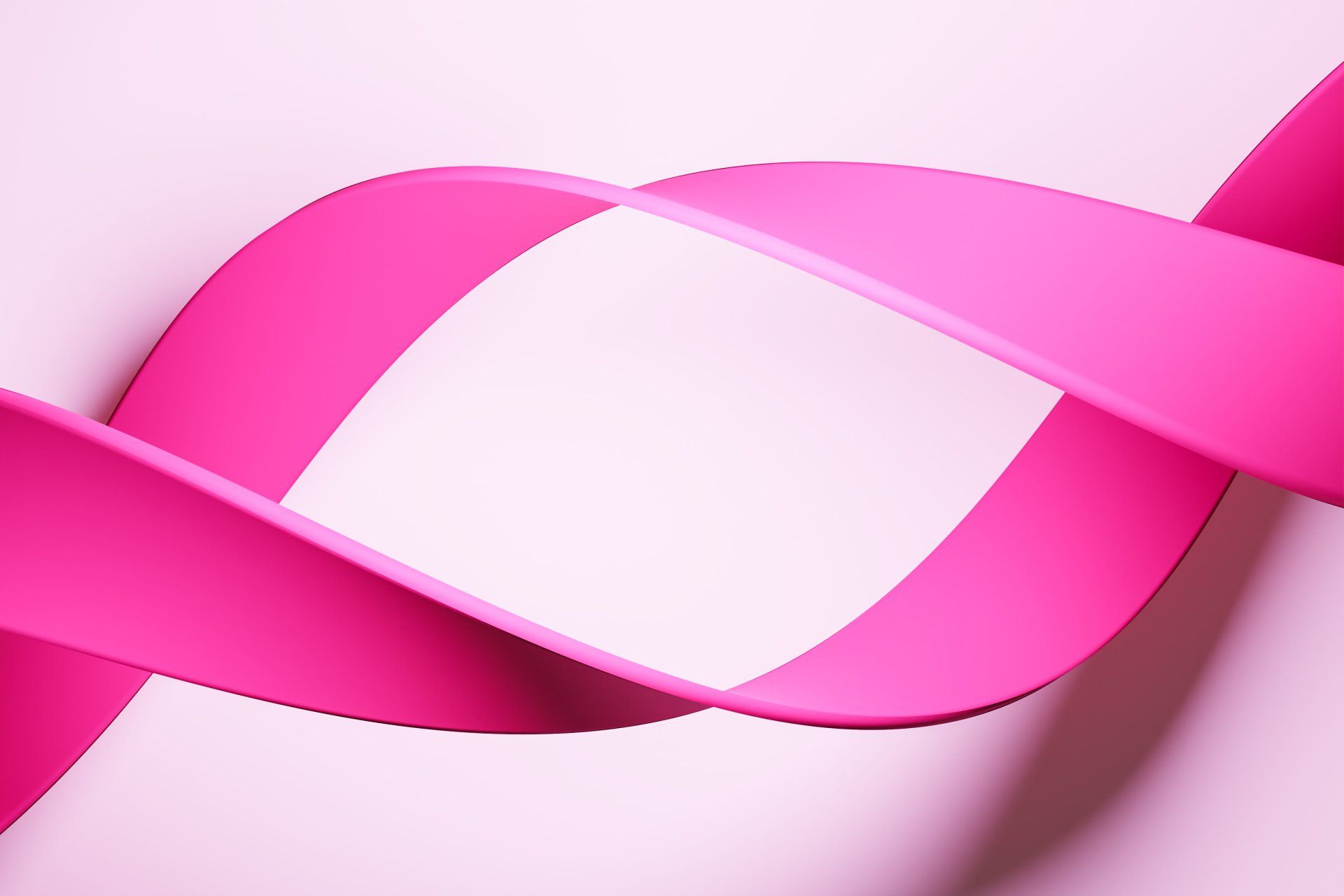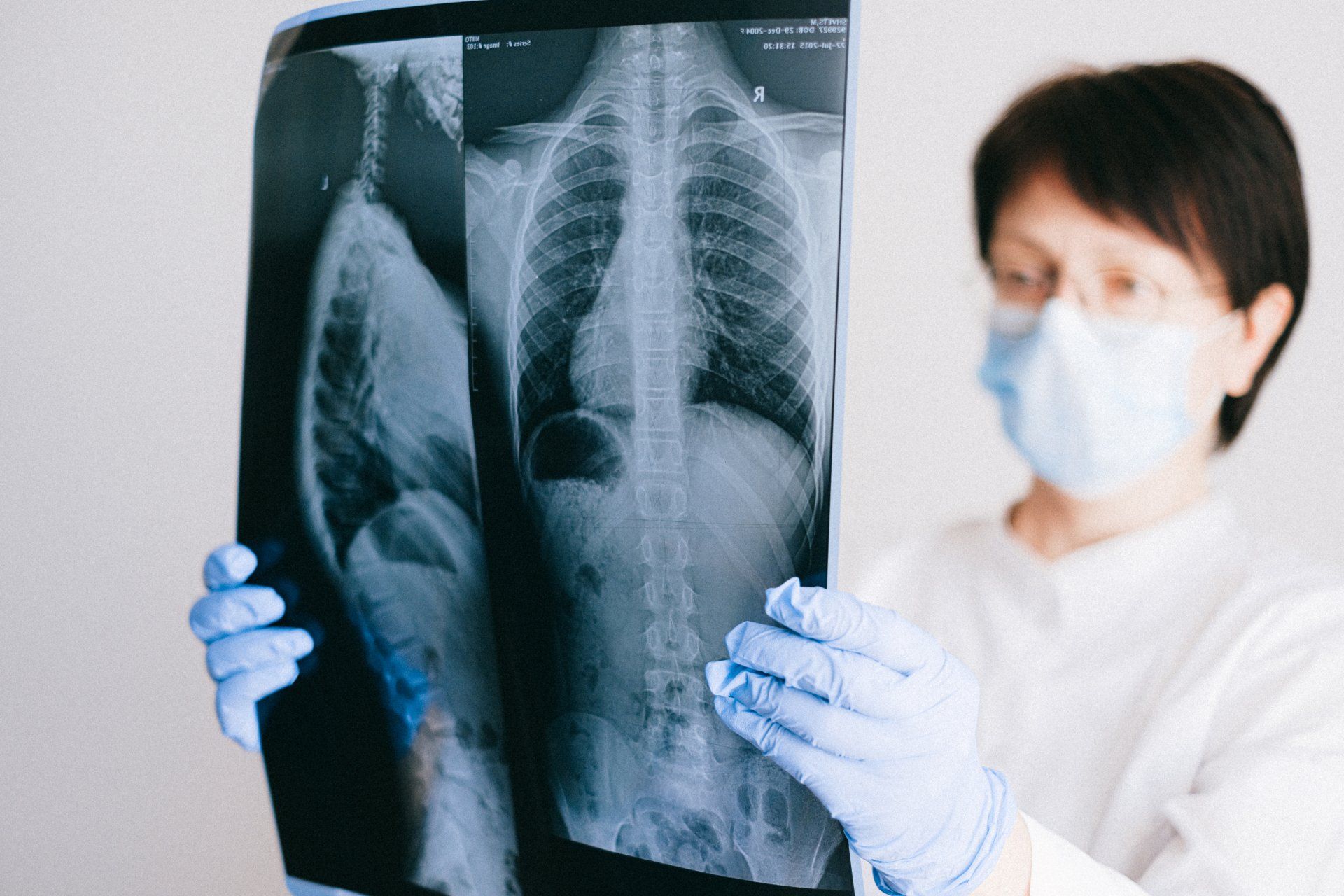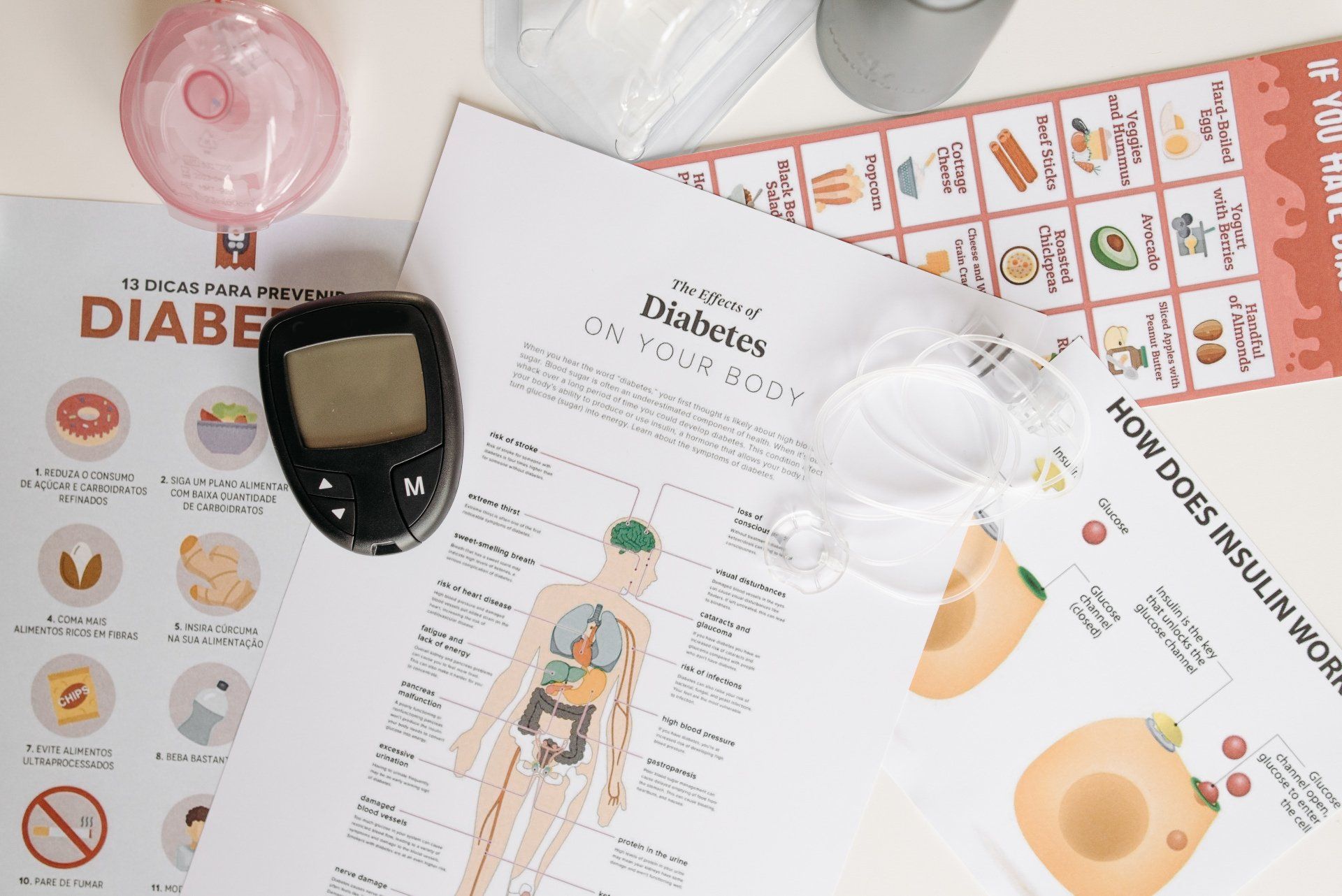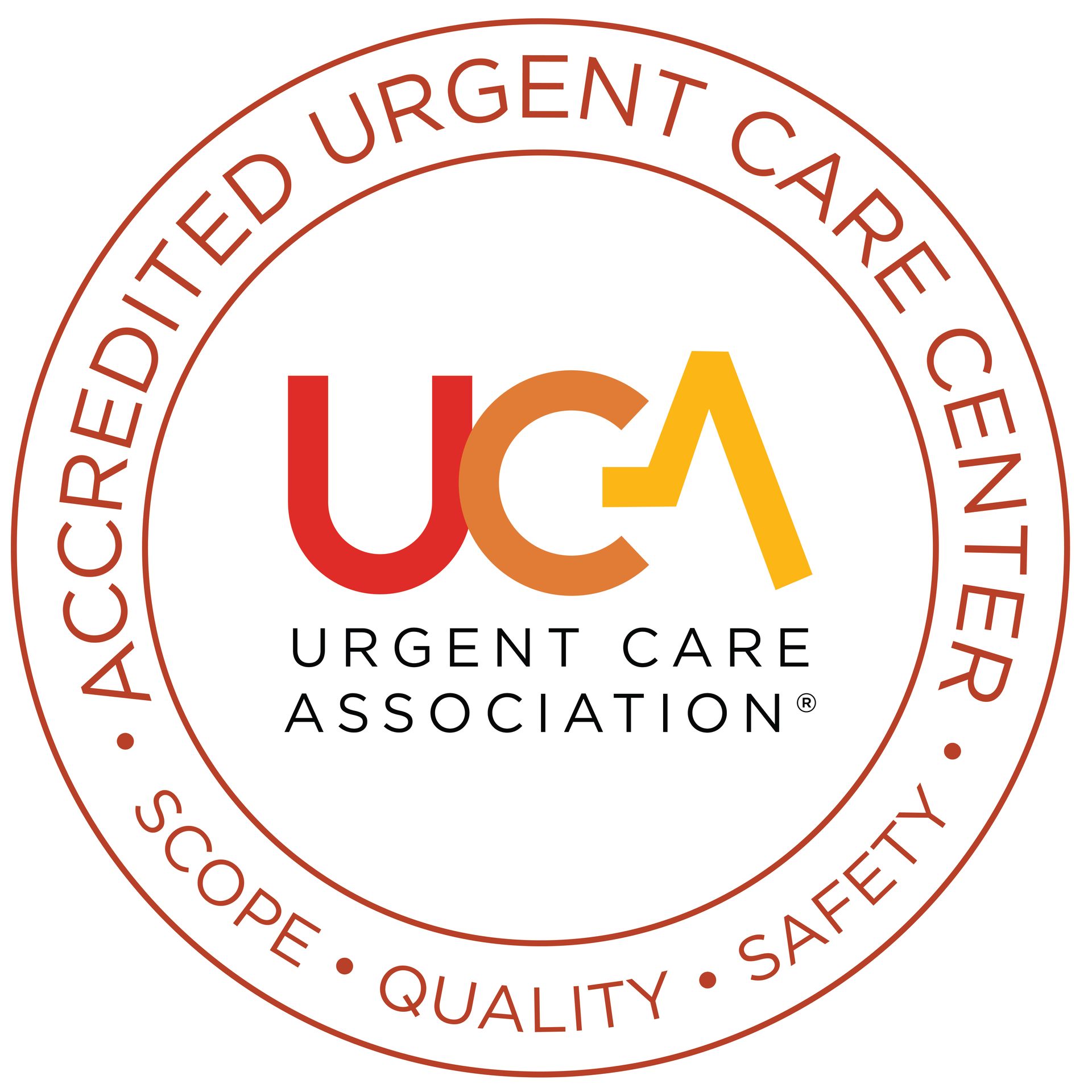Skin Cancer Awareness: Save your skin!
It's important to be aware!
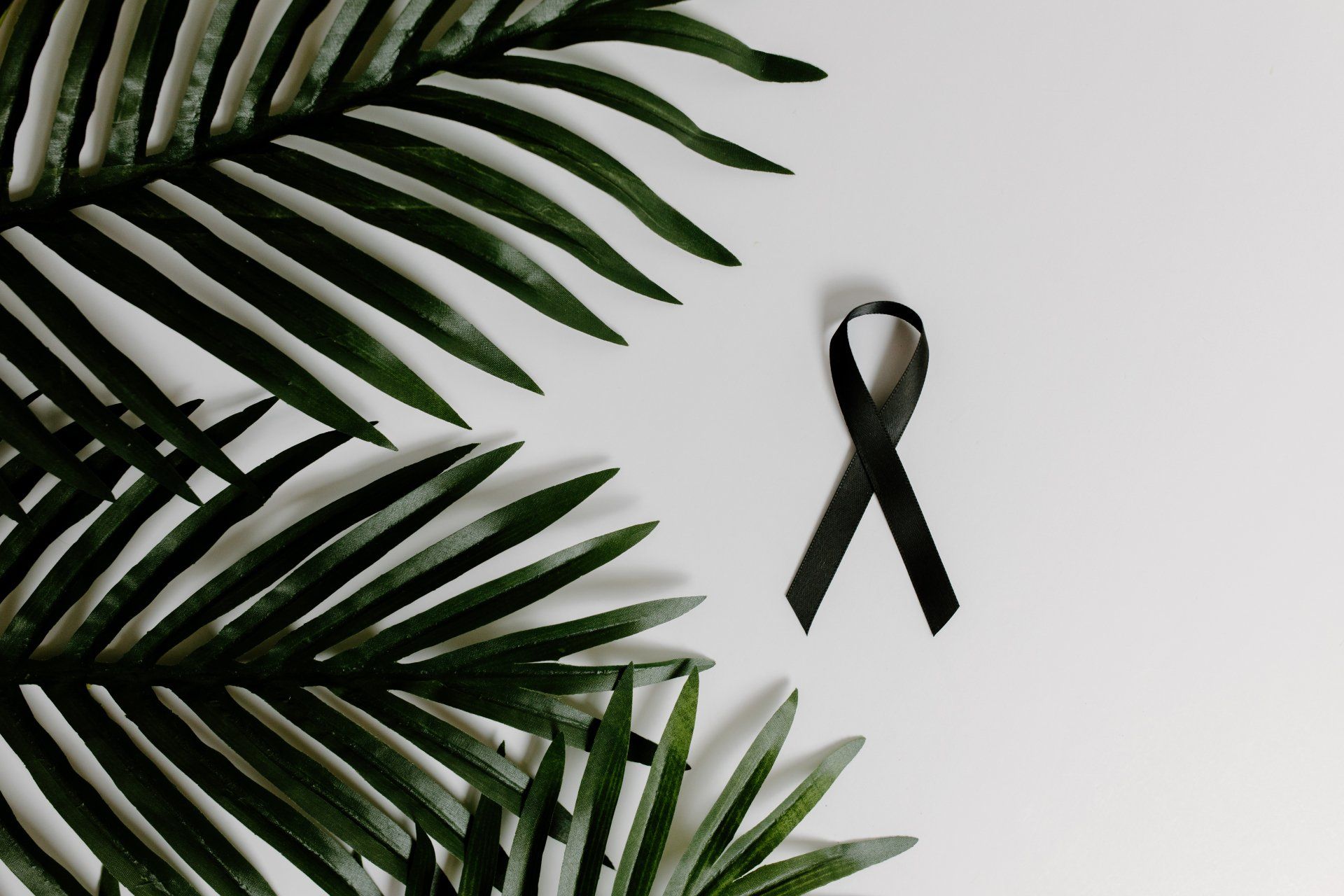
Skin cancer is America’s most common cancerous disease, with over 5 million new cases diagnosed annually. Fortunately, it is also one of the most preventable forms of cancer, most cases are associated with exposure to ultraviolet (UV) radiation from the sun. May is Skin Cancer Awareness Month and a perfect time to educate people on the dangers of unprotected sun exposure and signs of skin cancer, and as a result, save lives.
My Personal Experience with Melanoma
Growing up, I was always the blonde hair, blue eyed, fair complexed child that was guaranteed to get the sunburn when out at the beach or swimming with friends. I thought it was just “normal” for me to repetitively use Aloe Vera for my sunburns and moisturizer for peeling skin. I was excited to run to the tanning bed before the Prom dance at school. Little did I know, that at the age of twenty, I would have my first diagnosis of melanoma.
I will never forget the phone call I received a few years later, sitting at work as a nurse practitioner in a local hospital hearing the words “you have invasive nodular melanoma, we have to get you to M.D. Anderson.” I had just had my first baby. I was a new mom. I could NOT have invasive cancer. The skin-colored lesion I had removed from my knee was thought to be mild and benign and was only a “cosmetic” procedure. We were wrong. Upon arrival to M.D. Anderson, I was quickly scheduled for surgery. Eventually, the skin and surrounding muscle affected by the melanoma was removed, as well as several lymph nodes. Yes, I was left with multiple scars, but now I am cancer free. As a mother, a nurse practitioner, and now a cancer survivor, I am passionate about raising awareness and working to prevent skin cancer.
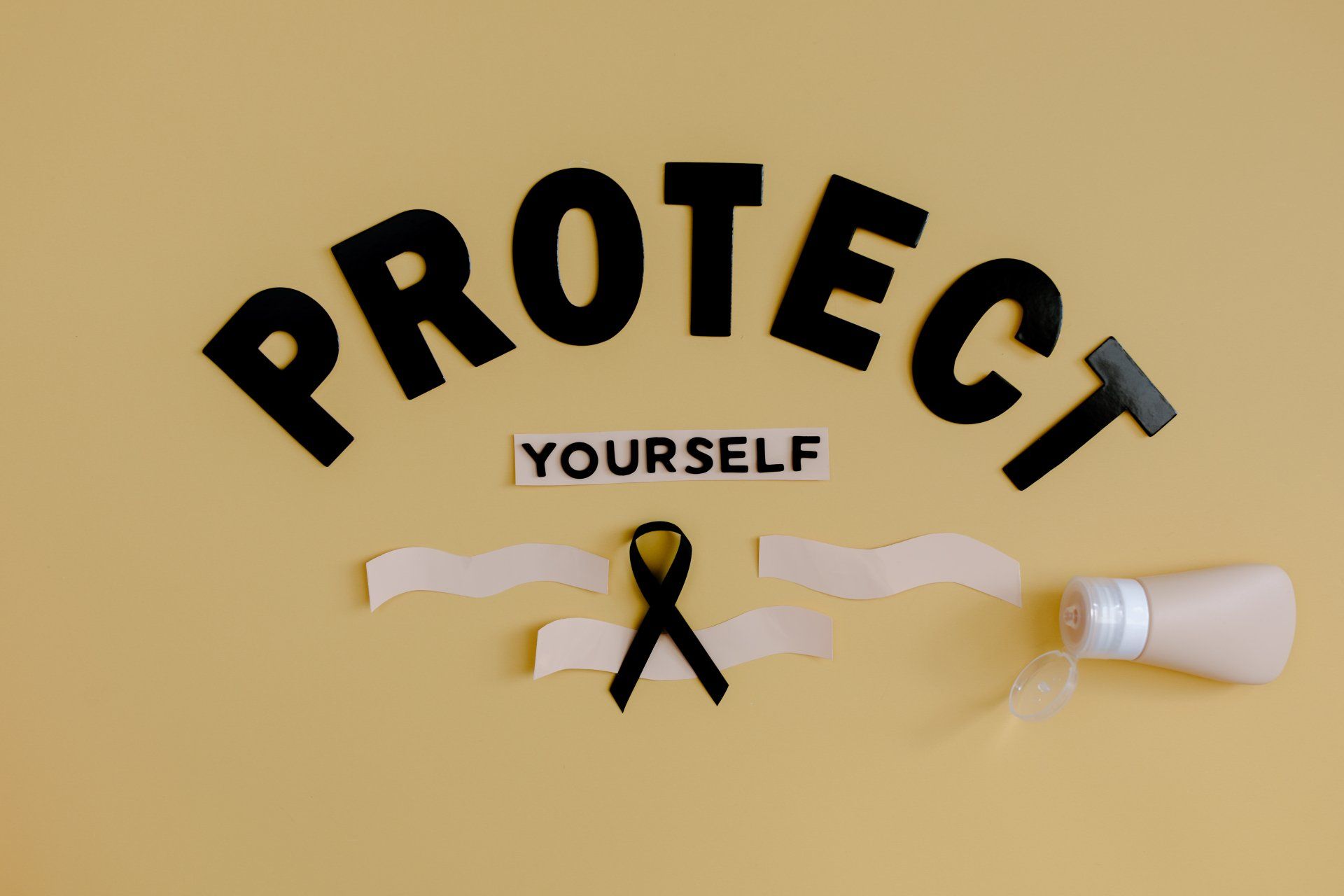
Causes/Risk of Skin Cancer
The primary cause of skin cancer is overexposure to ultraviolet rays from the sun, tanning beds, or sunlamps. Avoiding tanning beds and making sun protection an everyday habit will greatly help with decreasing your risk of skin cancer. Also, recognizing those with greater risk of skin cancer is important. Some important characteristics of those most susceptible are:
· A light, natural skin color
· Skin that burns, freckles, or reddens easily
· Blue or green eyes
· Blonde or red hair
· A large number of moles
· Family history of skin cancer
· Personal history of skin cancer
· Older age
Symptoms of Skin Cancer
Any change in your skin is the most common symptom of skin cancer. This includes a change in a current mole, a new skin growth or lesion, or a sore that doesn’t heal. Specifically for melanoma, it is important to learn the ABCDE’s of warning signs, which are referenced in the graphic below. It is important to remember that not all skin cancers look the same!

Prevention is Key
Living is Southwest Louisiana, protection from UV rays is important all year, not just during the hot summer months. The Centers for Disease Control and Prevention states that the easiest way to protect yourself from harmful UV rays is:
· Daily use of a broad-spectrum sunscreen with a sun protection factor (SPF) of 15 or higher
· Avoid indoor tanning
· Stay in the shade when possible
· Wear clothing that covers your arms and legs
· Wear a hat with a wide brim to shade your face, head, neck, and ears
· Wear sunglasses that wrap around and block both UVA and UVB rays
Join me in celebrating National Skin Cancer Awareness Month by doing your part in education and prevention. If you have a change in your skin, call a local dermatologist for an evaluation. You will NEVER regret it. Let’s pray for those currently undergoing treatment for skin cancer.
For More Information:
Center for Disease Control, "May Is Skin Cancer Awareness Month!"
Center for Disease Control, "What is Skin Cancer?"
Access Urgent Care is a locally owned, community-driven urgent care clinic in Lake Charles that provides affordable, accessible healthcare to a growing region. Their team of ER-trained, experienced providers are available seven days a week. No appointments are necessary and little to no wait time is always their priority.
